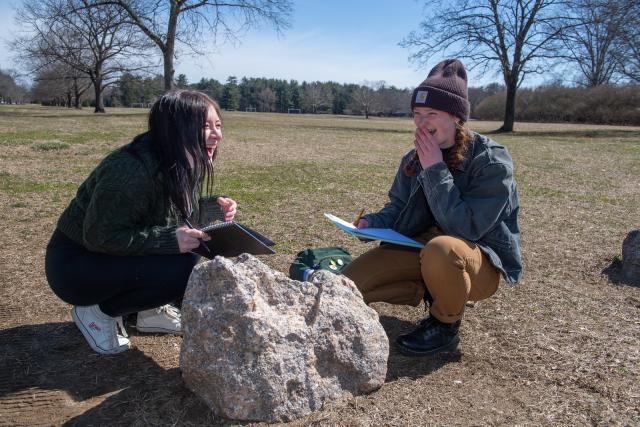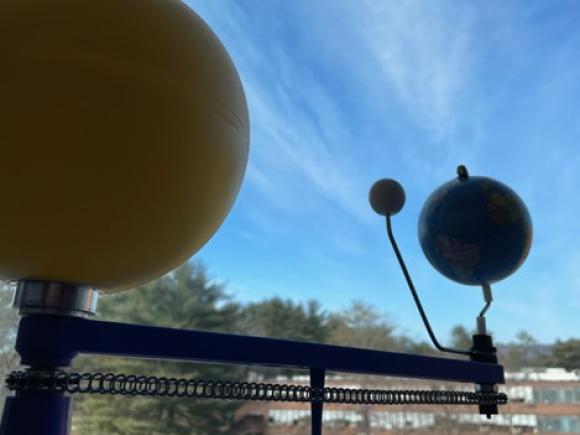
A degree in Earth System Science helps you build your knowledge of Earth's spheres through an interdisciplinary approach, linking the geosciences with chemistry, physics, biology, environmental science, and astronomy. You'll explore the natural processes operating within and between each sphere, as well as the impact of human activities on the system.







